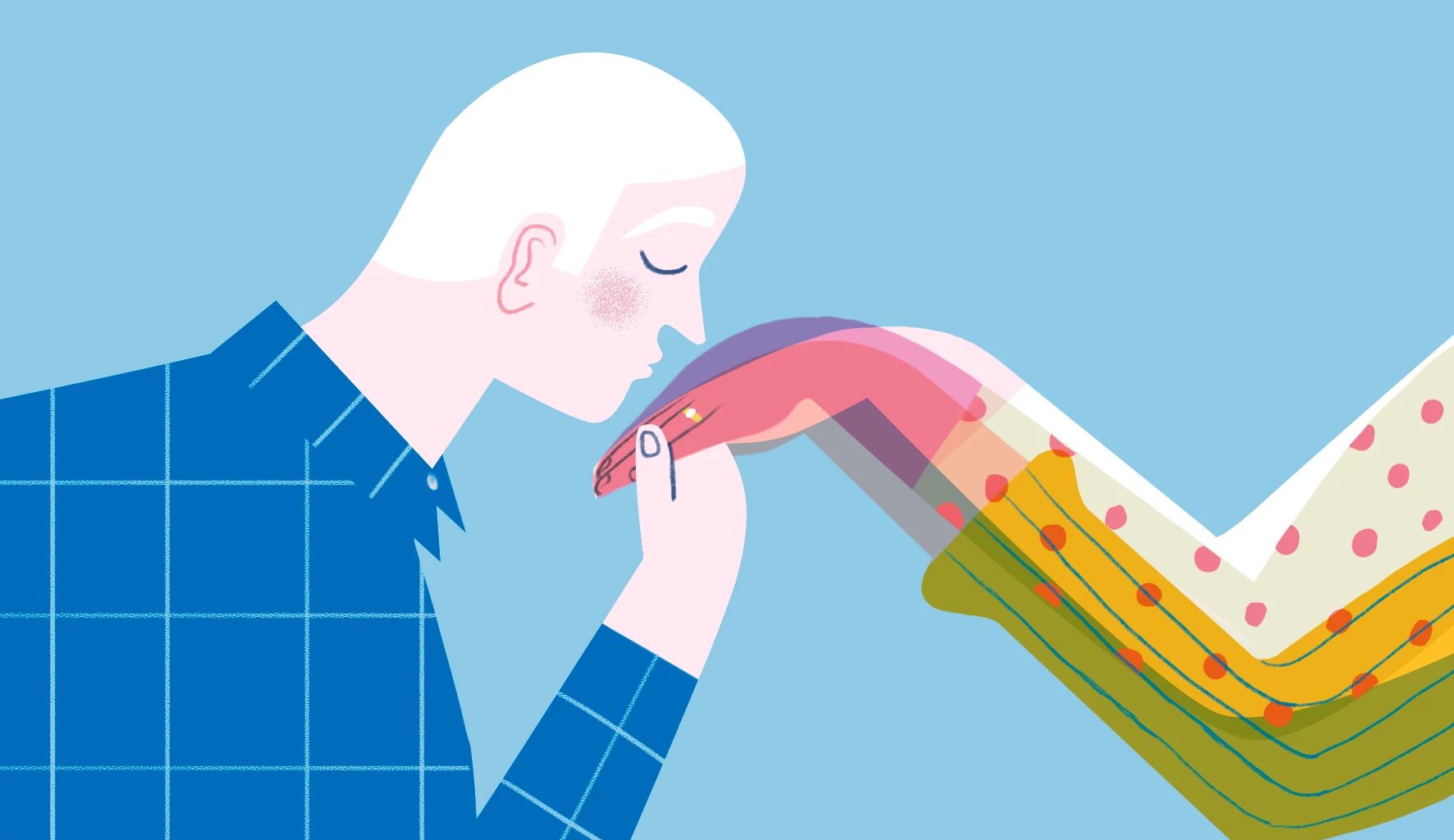AARP Hearing Center


Welcome to Ethels Tell All, where the writers behind The Ethel newsletter share their personal stories related to the joys and challenges of aging. Come back each Wednesday for the latest piece, exclusively on AARP Members Edition.
My husband had been in the Alzheimer’s unit for no more than a day or two when he met the first of two girlfriends there.
Edie was a retired social worker who shared Bill’s lifelong interests in music, animals and talking deep-to-deep. They hit it off immediately. In short order, Bill would be found after dinner, sitting either inside her room or on a dining room chair he’d brought to her door, the two of them talking into the night.
The young nurse on the unit who disclosed their relationship to me seemed genuinely happy they had “found one another,” and I could tell she hoped that I would be too.
It didn’t shock me to learn that Bill might have given his heart to another. Bill’s dad, a retired Baptist minister, had found a new love in his own Alzheimer’s facility after his wife thought him a stranger crawling into her bed and they had to be separated. I had made a mental note that if Bill ever went to a facility and met someone who brought him comfort, I would do all I could to accept it.
If nothing else, I owed him that. For 42 years, Bill — a tall, handsome and playful intellectual — had been the rock that anchored our lives. Bill was steady and easy-going. I was anxious and tightly wound. Together, we had forged a strong, mutually supportive relationship as we raised our children and faced adversities.
We had grown even closer as the brilliance that defined his identity as a university professor began to dim. As this new stage of life unfolded, he would plant tender kisses on the top of my head and twirl me in a circle before gently kissing the back of my hand. His dry wit had devolved into awful Dad jokes, but he could still make me laugh nearly every day.
I won’t lie. Gratitude for our shared years was the only thing that carried me through the darker moments of Bill’s illness — the denial, bewilderment, frustration, irrational anger and grief — as he repeatedly asked me to my face “Where is Holly?”
When Bill finally entered the dementia unit, he adapted to the institutional rhythms with ease. I had thought this was because there was simply more to do there, and people he could help — reprising an earlier role as a helpful preacher’s kid.
But I would soon realize, there also was #1 — Edie.
I made a point to sit across from Edie over lunch one day. She spoke easily about her past as an amateur musician, and there was a welcoming, open quality about her that resonated with me.































.jpg?crop=true&anchor=13,195&q=80&color=ffffffff&u=lywnjt&w=2008&h=1154)






























More From AARP
The Other Ways to Find Sexual Pleasure
Penetration isn't always an option. Here's what else you can tryShame Left Me Feeling Completely Worthless and Unlovable
But here’s how I overcame those feelings in my 60sHow Do I Ask a Doctor for a Second Opinion?
Getting help when you're not sure that a diagnoses is right